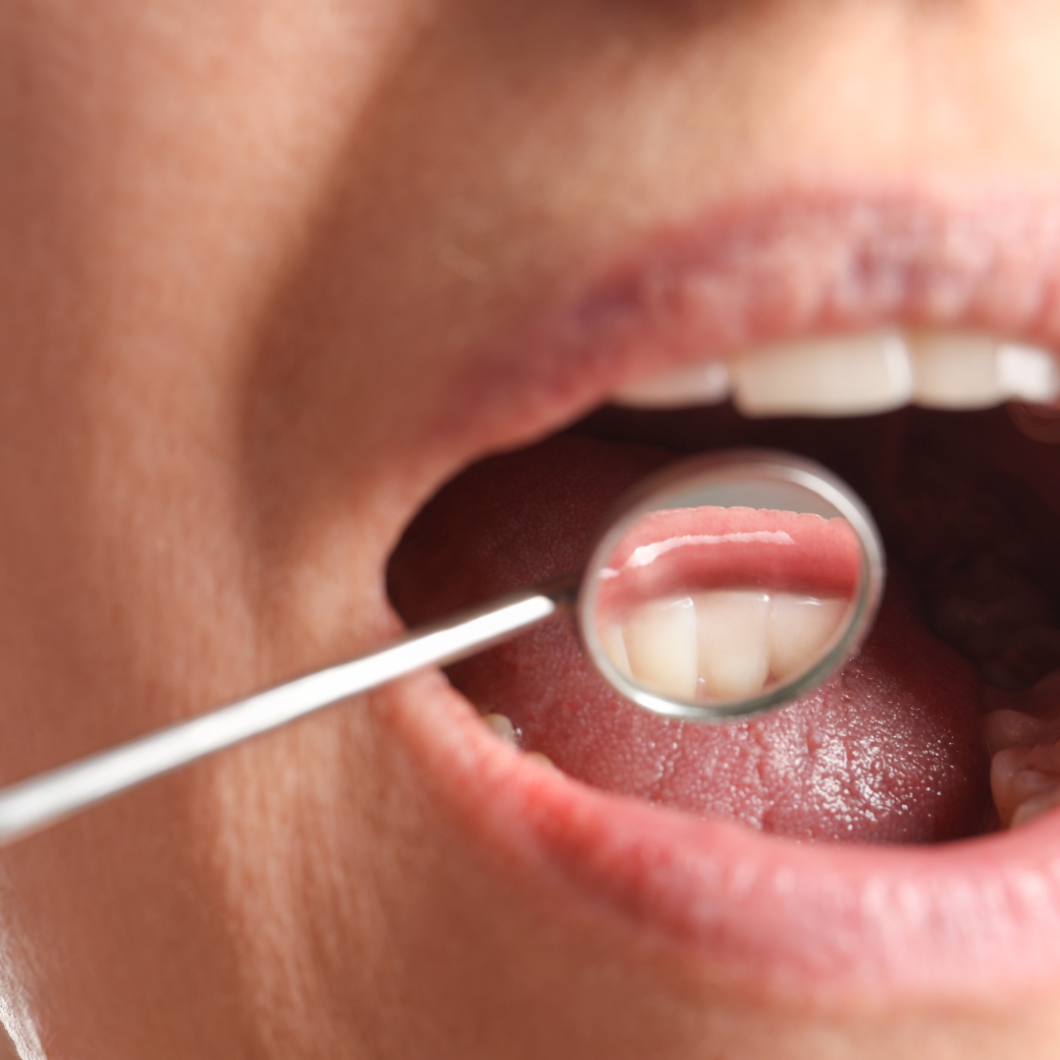Oral cancer screenings are a vital component of routine dental care, playing a crucial role in the early detection of oral cancer. Early identification of potential issues can lead to more effective treatment and better outcomes. In this post, we’ll discuss why these are essential, what patients can expect during the screening process, and who should prioritize these screenings.
Why Screenings Matter
Early detection of oral cancer is paramount for several reasons:
- Improved Treatment Outcomes: When oral cancer is detected at an early stage, treatment options are often less invasive and more effective, leading to better recovery rates.
- Higher Survival Rates: According to statistics, the five-year survival rate for oral cancer is significantly higher when diagnosed early, often exceeding 80%. Late-stage diagnosis can dramatically decrease these rates.
- Increased Awareness: Regular screenings raise awareness about the risks and signs of oral cancer, encouraging patients to be proactive about their oral health.
What to Expect in a Screening
During an oral cancer screening, patients can expect the following:
- Thorough Examination: The dentist will conduct a comprehensive examination of the mouth, throat, and soft tissues. This includes looking for any unusual lesions, lumps, or color changes.
- Visual and Physical Assessment: Dentists will visually inspect for abnormalities and may also use their hands to feel for any unusual growths or changes in texture.
- Discussion of Symptoms: Patients should feel free to discuss any concerning symptoms, such as persistent sores, difficulty swallowing, or changes in voice, which may warrant further investigation.
Who Should Get Screened
Certain populations are at higher risk for oral cancer and should prioritize screenings:
- Adults Over 40: The risk of oral cancer increases significantly with age, making regular screenings essential for older adults.
- Smokers: Tobacco use, whether through smoking or chewing, is one of the leading risk factors for oral cancer. Smokers should be vigilant about regular screenings.
- Individuals with a Family History: A family history of cancer can increase risk, so those with relatives who have experienced oral or head and neck cancers should consult their dentist about more frequent screenings.
- Heavy Alcohol Users: Excessive alcohol consumption is also a risk factor and should prompt regular examinations.
Regular oral cancer screenings are a simple yet effective way to protect your health. These screenings are quick, painless, and can lead to early detection of potentially life-threatening conditions. Talk to your dentist about incorporating oral cancer screenings into your routine check-ups to safeguard your well-being. Remember, prioritizing your oral health is an essential step towards overall health and longevity.

